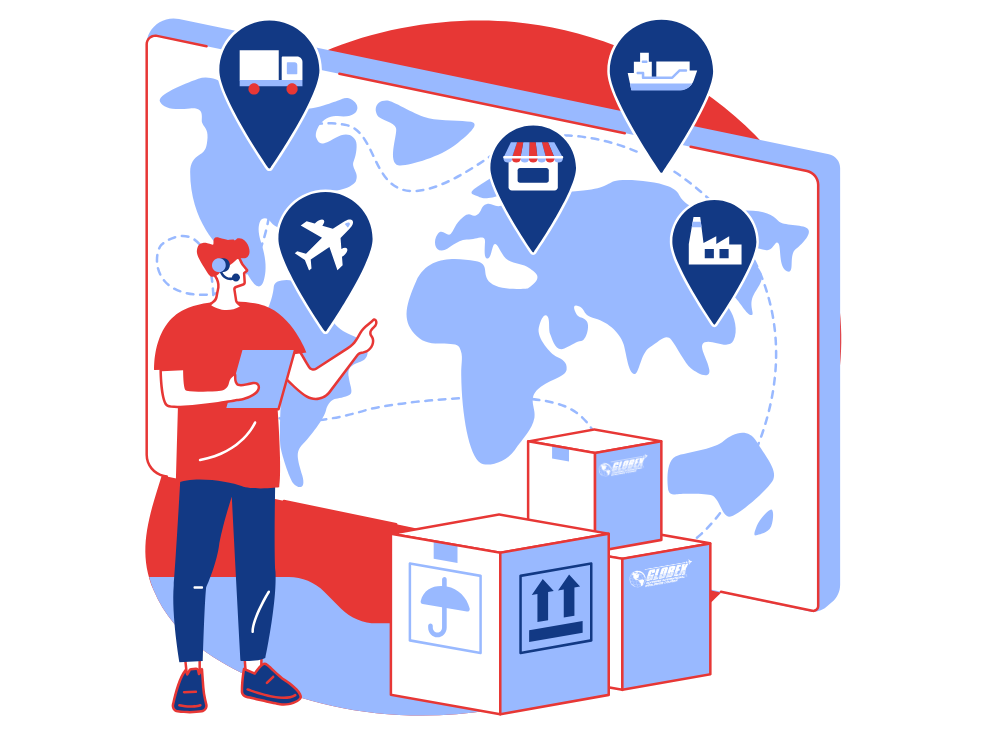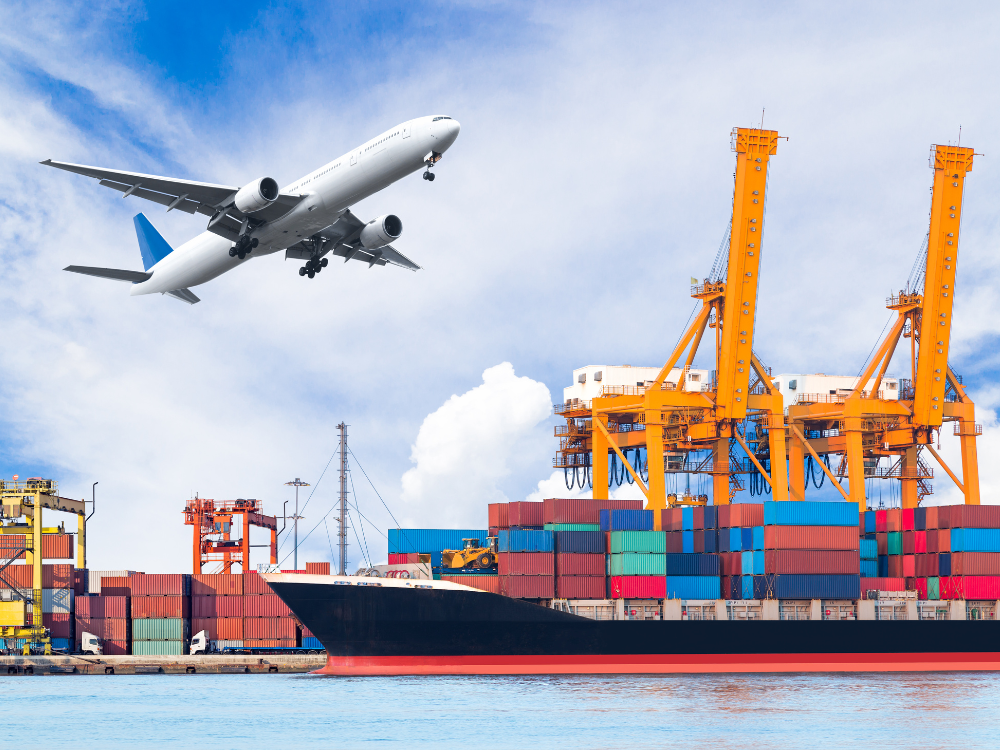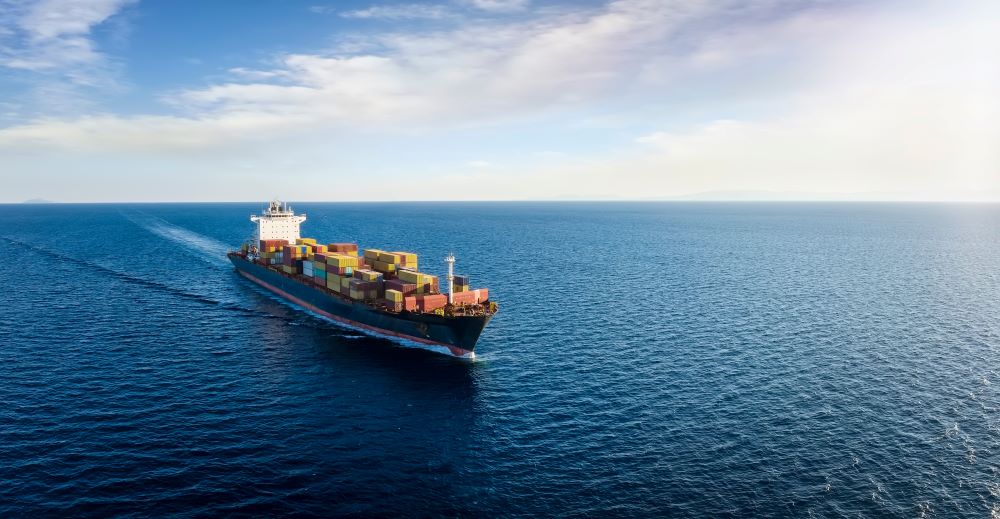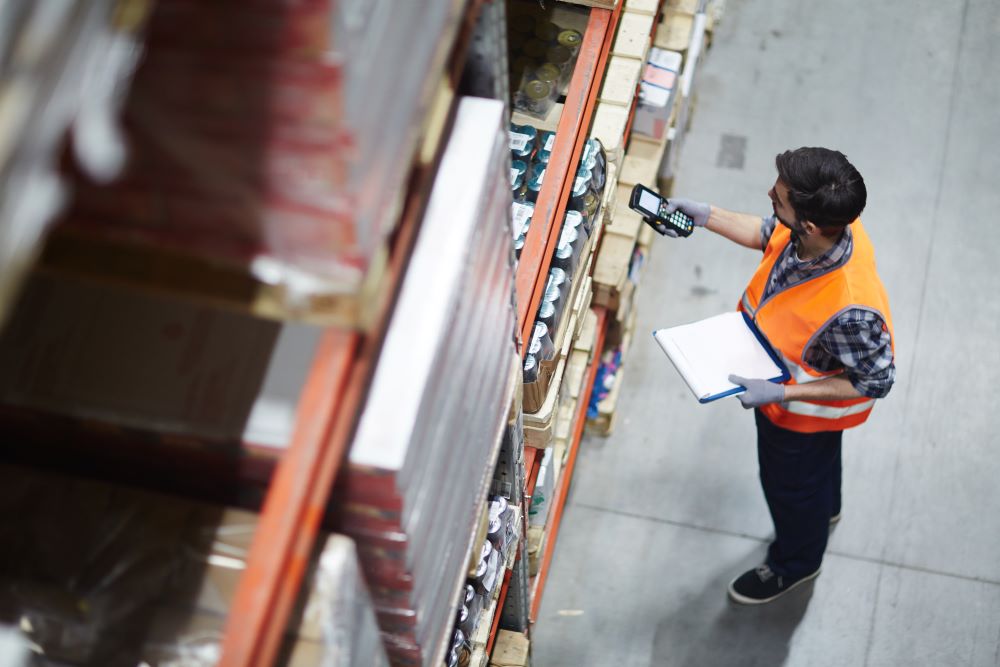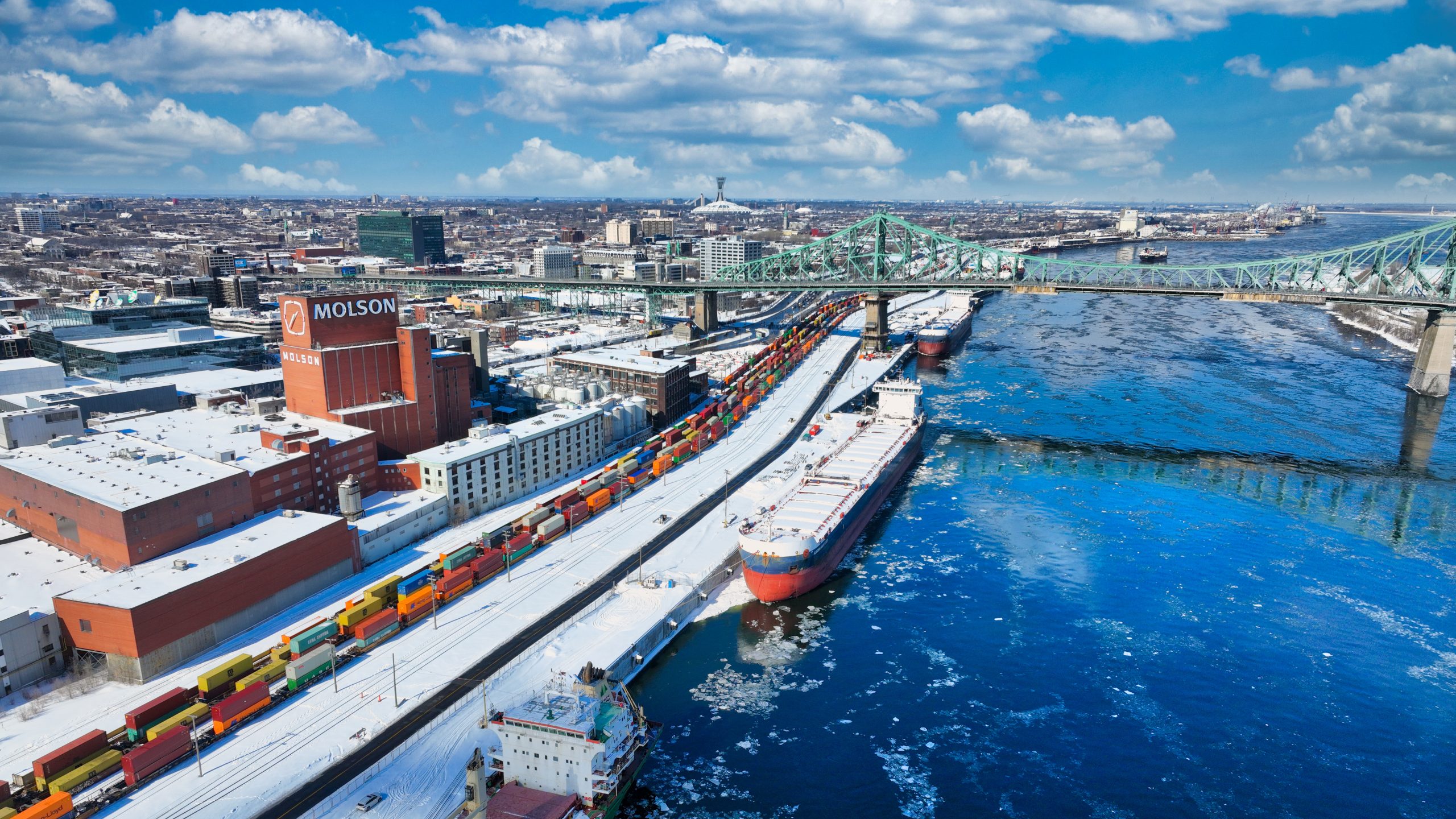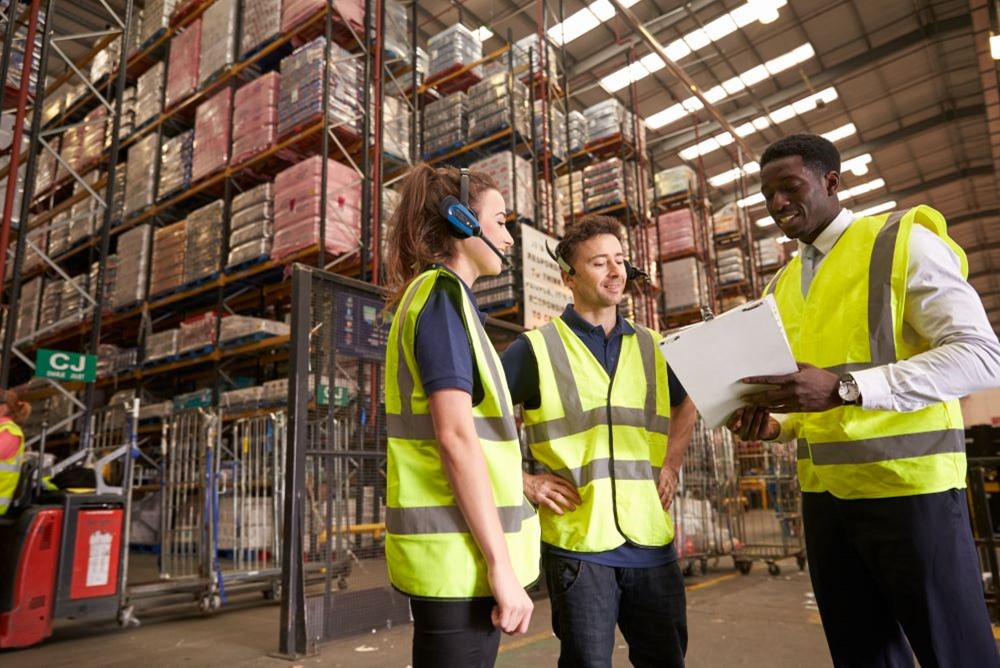Enter the world of transport and logistics, essential components of managing an efficient flow of goods from one place to another.
When it comes to supply chain management, logistics and transport departments work together closely to direct products from warehouses to customers. Each decision and every gesture is key to operational success. And yet, while logistics and transport complement each other, they remain distinct. What is the difference between transport and logistics?
Globex Worldwide Courrier experts, shipping in Canada and abroad, are ready to explain! Read on as we unveil the nuances and goals that are central to the difference between logistics and transport.
What’s the difference between transport and logistics?
To fully grasp the difference between transport and logistics, it’s essential to break down their respective functions. Although these two terms are often used interchangeably, they actually refer to unique and complementary activities that are linked within the supply chain.
Defining logistics and its objectives
To put it simply, logistics is much more than simply moving objects from one place to another; it’s how an operation is organized and carried out. Logistics refers to an entire process involving the planning, implementation and control of everything related to the management of products, information and resources.
Its origins go back to the Greek word “logistikos”, meaning “skilled in reasoning”. In other words, it involves thinking.
Applied to the professional world, logistics – whether e-commerce logistics or not – is defined as all the actions and resources required to manage the physical flow of goods. The aim is to ensure that products are delivered from the supplier to the customer according to a well-defined, reasonable plan to minimize economic losses.
Transport: physically moving and delivering goods
Transport, or transportation, refers primarily to the physical movement of goods from one place to another. It includes the various means of transport used to deliver products to customers, such as trucks, planes, ships and courier services. In short, transportation is the term that defines the concrete elements of the supply chain.
The main objective of transport is to move products quickly, safely and efficiently, taking into account factors such as distance, material volume, delivery times and delivery costs.
Different but complementary roles
Transport is only one link in the supply chain. In fact, transport and logistics play different but complementary roles. Logistics involves organizing and monitoring the larger process. This includes preparing and monitoring shipments, and optimizing each stage of shipping. Transport, on the other hand, is focussed directly on delivery. The interaction between transport and logistics is a complementary one, enabling precise synchronization for maximum customer satisfaction!
What is the purpose of logistics?
Logistics is very important, as it ensures the connection between various flows of goods and directly impacts shipping performance. The logistics and transport professions work together closely to create a well-coordinated system.
The goals of logistics could be defined as follows:
1. Optimizing physical flows
The aim here is to reduce the costs of a complex system, avoiding losses of time and money for both companies and customers. To this end, logistics professionals, such as a logistics director, for example, are responsible for organizing production, delivery and distribution, overseeing key elements of the supply chain. The aim of this approach is to avoid disruptions and delays at every stage of the process.
2. Coordinating services
Once purchases have been finalized and customs clearance has been successfully completed, it’s time to receive, sort, store, prepare and dispatch goods. Logistics ensures smooth coordination of these various services. Clear communication facilitates collaboration between all players in the supply chain.
3. Controlling costs
Efficiently reducing the costs associated with warehousing, storing goods and delivery to points of sale or consumers is one of the main goals of logistics. The aim is to maximize savings and maximize efficiency with lower rates, shorter lead times and fewer human resources.
Transport and logistics for customer satisfaction with Globex Worldwide Courier
Transport and logistics play different roles in the supply chain. While transport is concerned with the physical movement of products, logistics includes other elements, such as managing inventory and orders. These two areas of activity work together to ensure a smooth customer experience, from order to delivery.
At Globex Worldwide Courier, we are dedicated to providing our customers with an exceptional shipping experience. From expert customer relationship management to seamless logistics coordination, we’re here to provide you with international shipping and a Canada-wide delivery service that will exceed your expectations.
For a reliable and responsive logistics solution, look no further. Contact Globex Worldwide Courier today for a shipping partner who will meet your transport and logistics needs with efficiency and professionalism.

